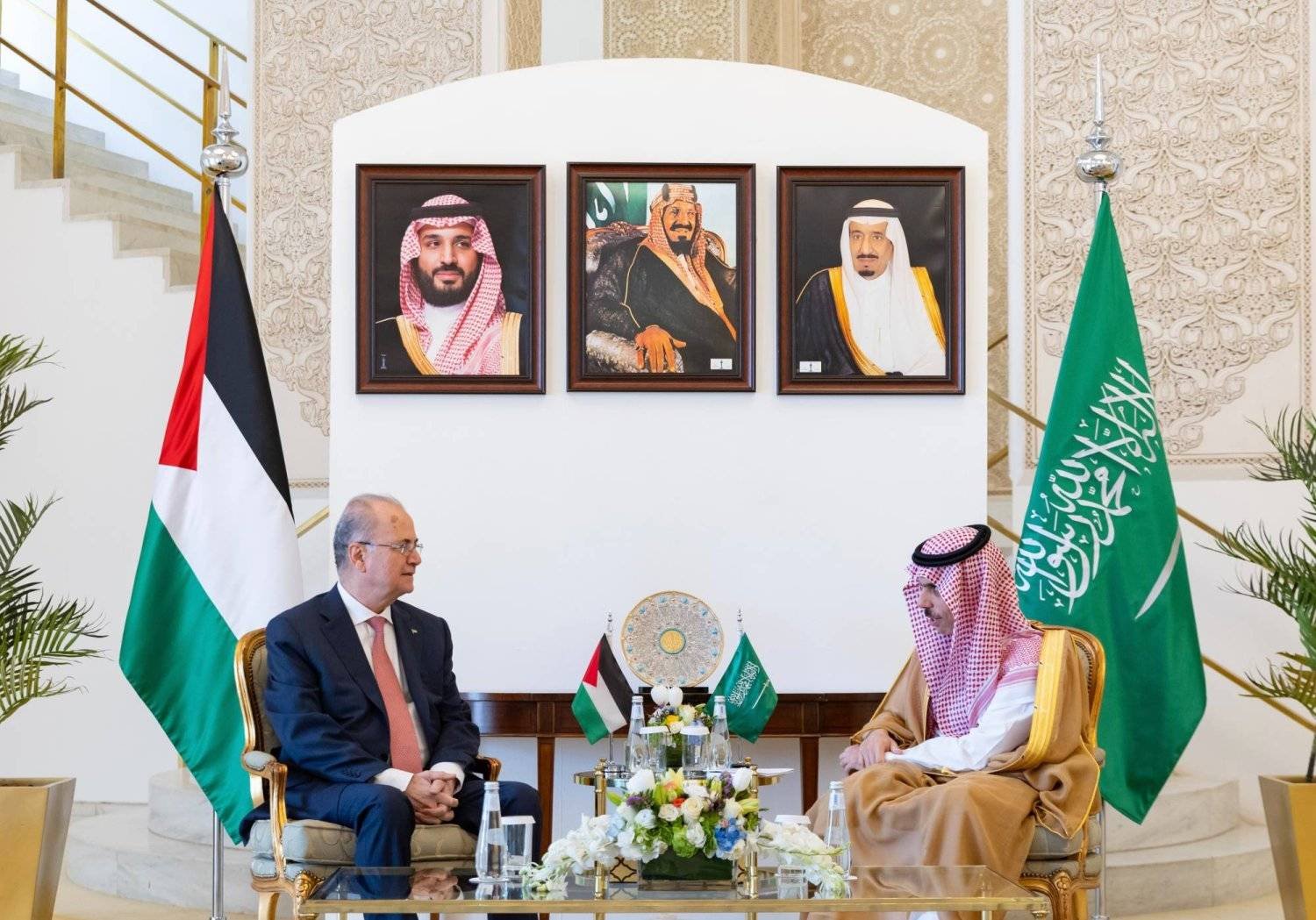This is a Gulf week par-excellence, as the Gulf Cooperation Council (GCC), which was founded in 1981 with security as its primary concern, will hold it fortieth summit under exceptional circumstances. The Saudi capital Riyadh is considered the Council’s headquarters, but it is the land solutions for Gulf and Arab states year round. This December’s summit was preceded by various reports of a reconciliation that would likely see the Emir of Qatar in attendance after he had been absent from the summits of the last two years, since the boycott of Qatar was announced by three Gulf countries and an Arab country, Egypt.
The Gulf states know that “the solution is in Riyadh”. This was the case in 2013, when the crisis of the withdrawal of ambassadors erupted and was ended with the “Riyadh Agreement”, which was elaborated in November 2014. Doha’s disregard for the requirements of that agreement laid the foundation for the 2017 boycott. Despite the boycott, the Council continued to work on most files in the presence of various ministers, and the Council’s united front was maintained in international meetings. This confirms that the crisis is a Gulf crisis.
The Council was founded out of the security necessity brought about the eruption of the Iran-Iraq crisi, which went on for eight years. The Gulf states were clearly united, preventing their differences from leading to disputes. This confirmed that they knew how to deal with crisis, and perhaps Gulf analysts were right to say that the Gulf states were “one family”.
The “Qatar crisis” showed that the Council’s work could persist despite disputes. Many lessons can be learned from the Council’s handling of the situation, and different thinks tanks have studied it. Stratford, a US based think tank that deals with strategic and security issues, which concludes that, before and after the boycott, the Council had succeeded in creating a strong organization “perfect for dealing with security issues” but total integration is distant due to many differences on several levels, including the political level, where each country has its own perspective.
In response to the Qatar crisis, American and Europeans capitals rushed to find a solution because of regional circumstances: The Iranians were continuing to destabilize the region, and regional powers, like Turkey, exploited the crisis to establish a presence in Qatar. The Gulf leaders, though, know best to resolve the differences and even the disputes that emerged among the members of this family.
Discussing the Qatar crisis and its impact on the GCC, Kuwaiti political analyst Oda al-Sayer told Asharq al-Awsat: “Over the past two years, the Council has continued to work, but it was somewhat paralyzed”.
He said challenges the Council faces are clear, with the Iranian threat to regional security the most glaring. “However the Gulf states dealt with this challenge skilfully”, especially since they included the Qataris in meetings regarding this issue.
On the importance of reforming the Council and rebuilding its unity, at least on the strategic front, he says the Council succeeded in presenting a unified image and that it is important to revise certain clauses and rethinking much the Council’s work, especially with regard to foreign relations.
Differences are being dealt with flexibly. The most prominent example of this was the "Makkah" summit, as the second highest-ranking Qatari official Sheikh Abdullah bin Nasser al-Thani, Prime Minister of Qatar, attended the summit to represent his country in the leaders' meeting during the Arab and Muslim summits in late May. The Gulf meeting condemned the Houthi attacks on Saudi soil, as well as the attacks on merchant ships off the Emirati coast. Although Qatar has continued to press forward with actions that hinder the progress of the reconciliation effort led by the Emir of Kuwait, Sheikh Sabah al-Ahmad al-Jaber al-Sabah, the option of reconciliation remained. Doha did not deny The Wall Street Journal report of a visit from Qatari foreign minister, Sheikh Muhammad bin Abdul Rahman al-Thani, to Saudi Arabia, where he offered to "abandon the Muslim Brotherhood". A few days ago, he did issue a statement in which he revealed holding talks with Saudi Arabia and hoped that it "would lead to positive results".
The Council continues to collaborate on the "Gulf Interpol" project, based in Abu Dhabi, and the joint military exercises, conducted under the umbrella of the Peninsula Shield Force, also persist. Work on establishing a common market is ongoing as well. This shows that, regardless of the progress made in solving the Qatar crisis, the Council remains cohesive and continues to function and enhance its members’ security.
















